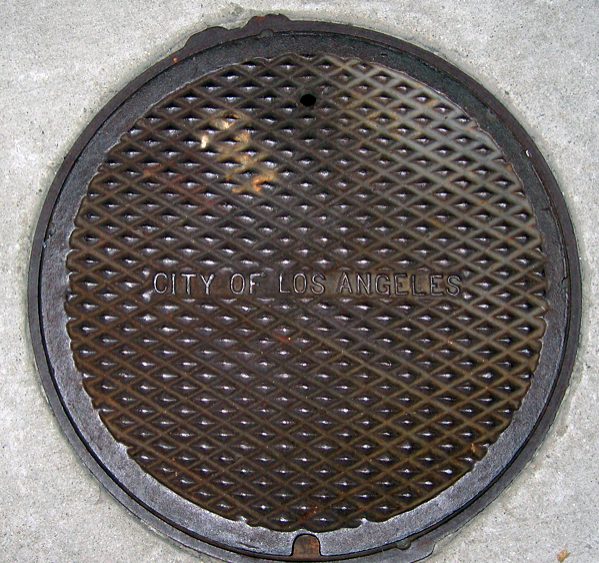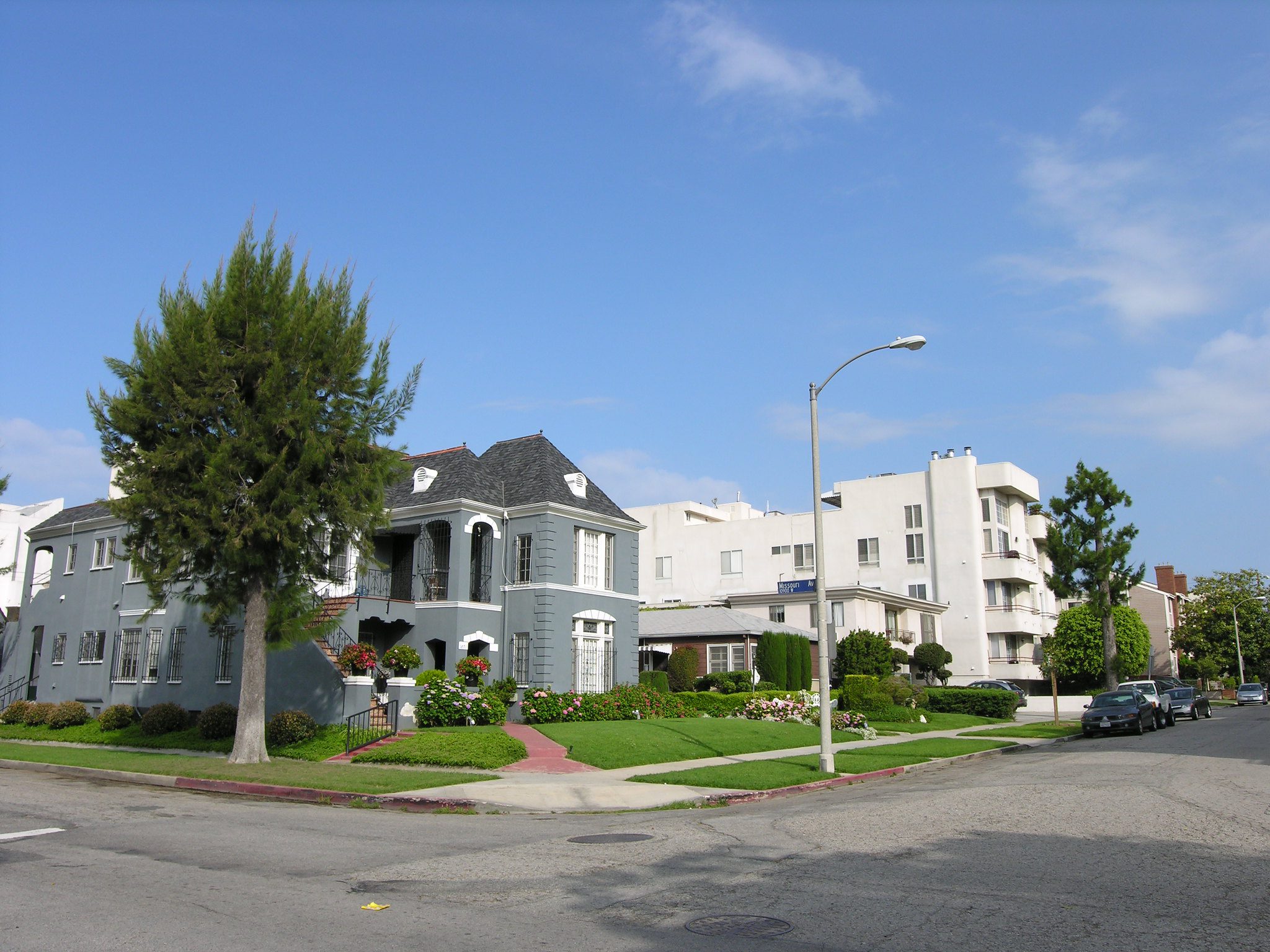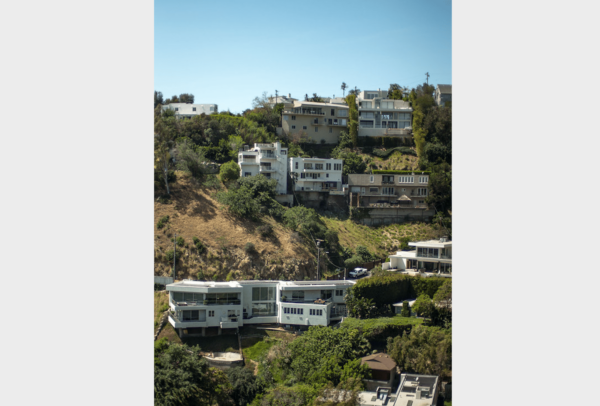Saying he wants more information, a judge has delayed consideration of preliminary approval of a proposed $57.5 million settlement of a long-running lawsuit by two plaintiffs on behalf of themselves and all other persons who maintain they were unlawfully overcharged by Los Angeles for residential sewer services.
Late last week, Los Angeles Superior Court Judge Stuart Rice canceled a hearing on the accord that was scheduled Monday and instead presented the attorneys with a checklist of items he wants answered, including summaries of the litigation, identity of the parties, a brief procedural history, the claims asserted and general factual basis for the claims made by plaintiffs Adam Hoffman and Samuel Jason.
Rice also wants a synopsis of the investigation and discovery conducted, including the documents reviewed prior to agreeing to settle the case, as well as the encapsulation of the settlement negotiations, including when the accord was reached and whether the parties were assisted by a mediator.
The judge additionally is requesting a digest of the risks, expenses, complexity and duration of further litigation if the settlement is not approved. Rice scheduled a June 8 case review, but the parties and attorneys are not required to attend.
According to the attorneys’ court papers, the city has agreed to create a settlement fund of $57.5 million for the benefit of the class, to change its sewer service charge methodology to prevent overcharges from occurring in the future and to abide by processes and timelines for returning related costs overpayments to the Sewer Construction Maintenance Fund.
Together, the monetary and injunctive benefits would provide a minimum actual value of $68.9 million to the class members, according to the attorneys’ court papers.
The plaintiffs’ breach-of-contract suit, filed in August 2017, alleged that the city overbilled for residential sewer service charges by manipulating what was known as the Dry Winter Compensation Factor. The city’s sewer charge structure is based on volume, but residential properties do not have sewer meters, so sewer bills are based on customers’ incoming water meter readings during the rainy season. However, Southern California often experiences dry winters with little rain, which requires residents to use water for outdoor irrigation even in the rainy season.
To ensure that customers’ sewer service charges reflect the volume of sewage they generate, and not a greater amount that would be caused by including water used for outdoor irrigation, the city implemented the DWCF, which is applied to the water usage to determine sewage billing.
Hoffman and Jason alleged that the city improperly inflated the DWCF and did not base its calculation correctly, resulting in overcharges. The plaintiffs also maintained an accounting was needed to determine the amounts allegedly overcharged and that should be given back to rate payers.
Hoffman and Jason additionally contended that the city was not complying with some requirements of Prop. 218, which was passed by California voters in November 1996 and was designed to constrain local governments’ ability to impose assessments. In June 2021, a judge found that DWCF was “arbitrary and capricious” and that the city had acted in violation of the state constitution.







